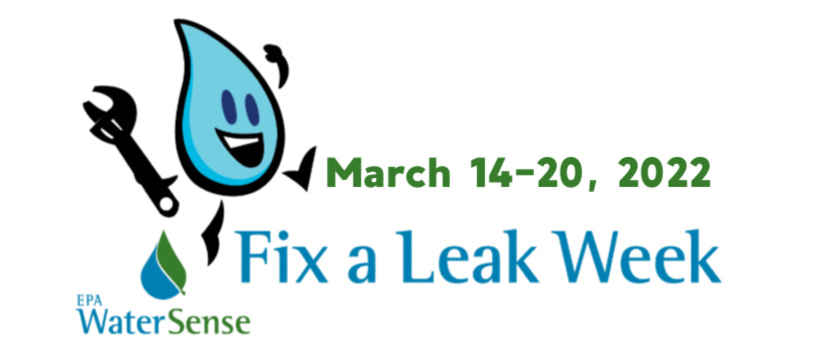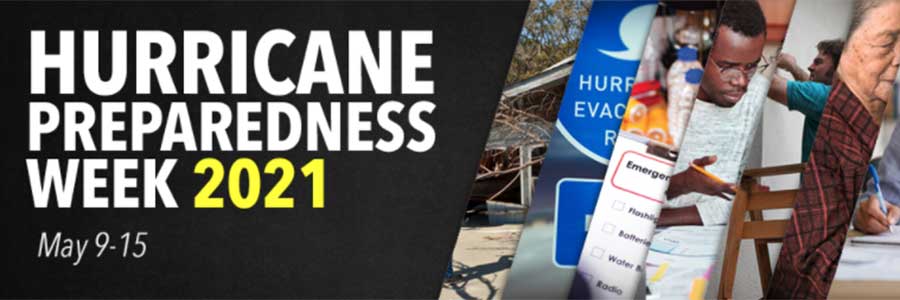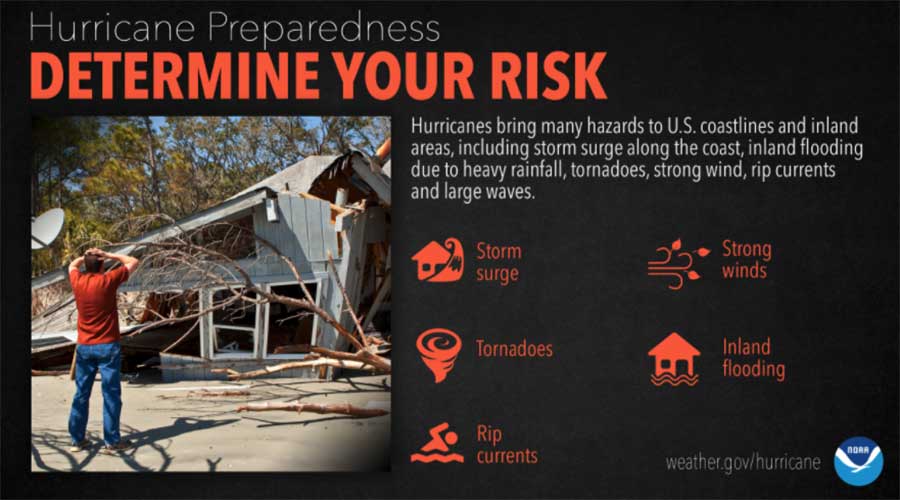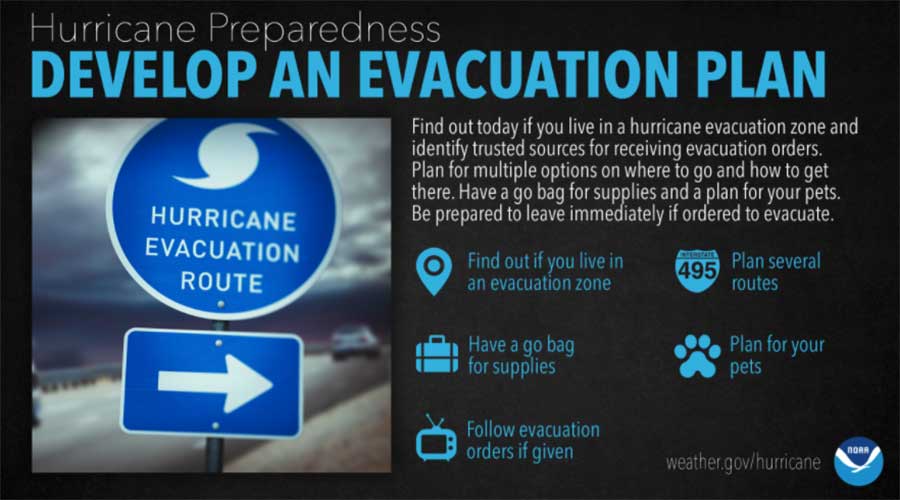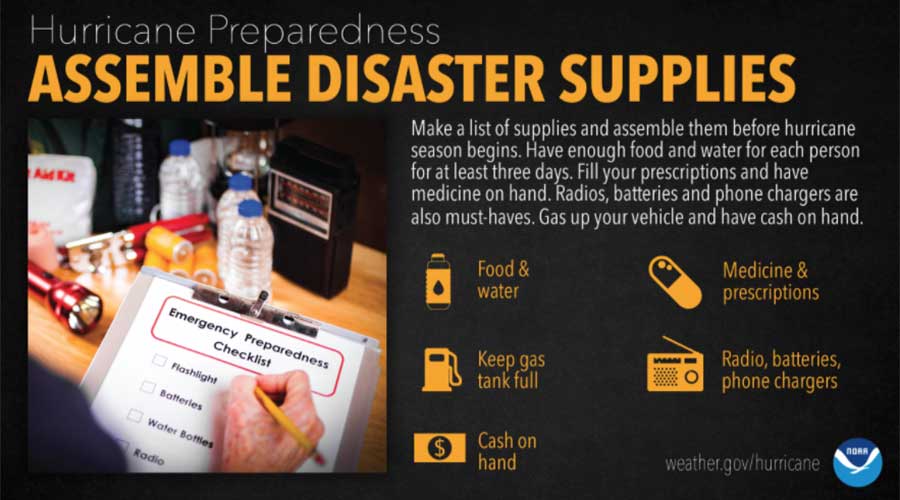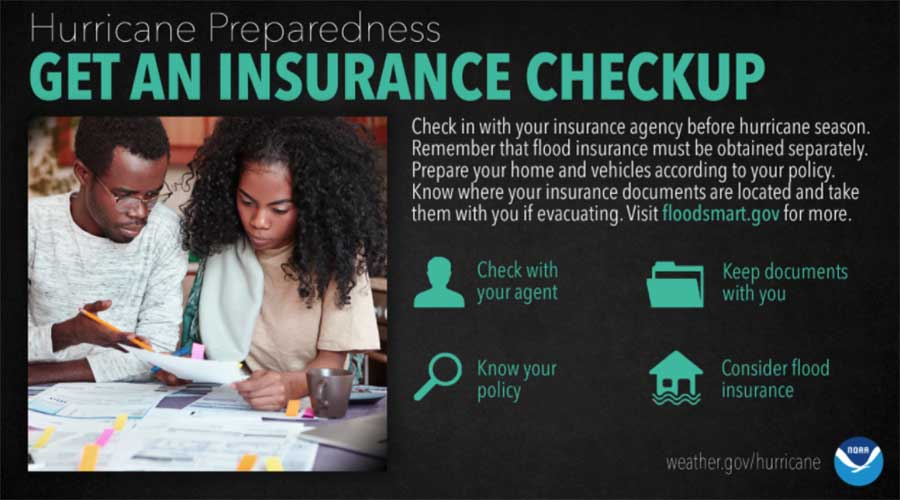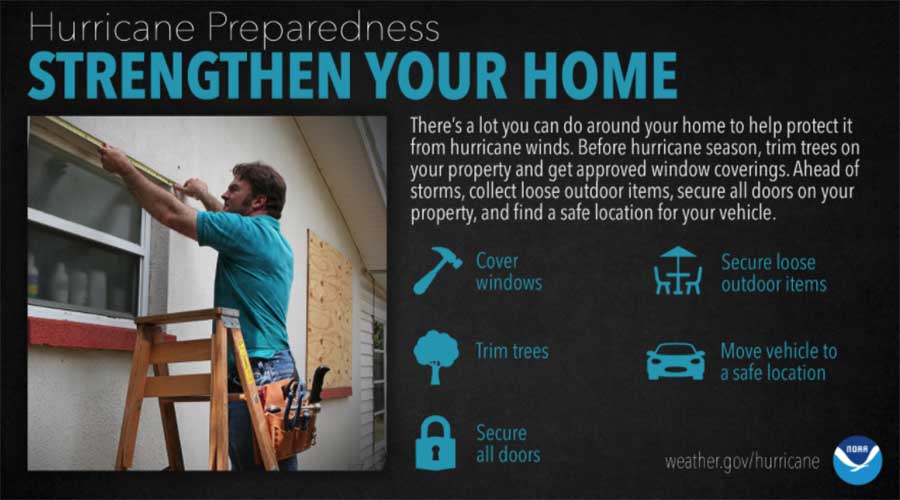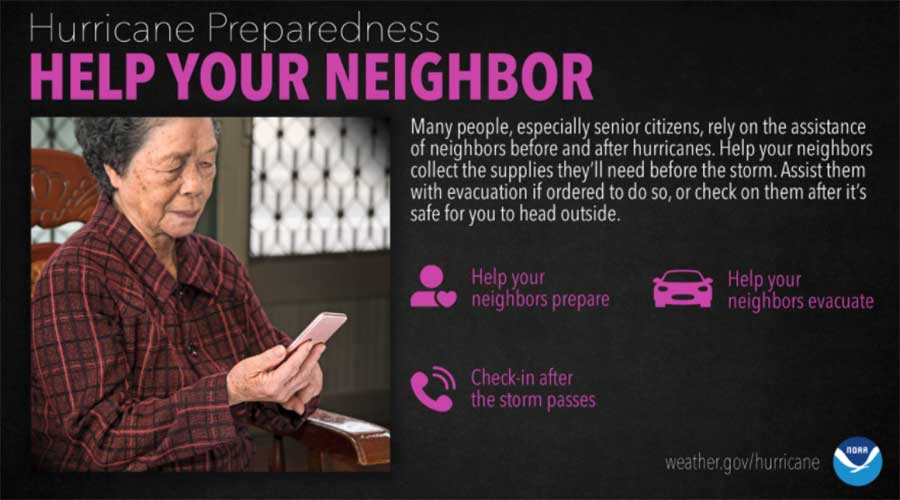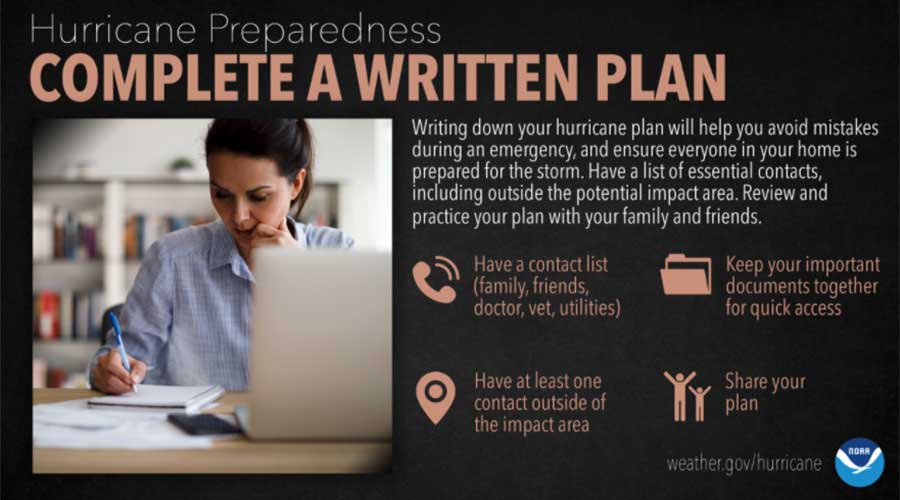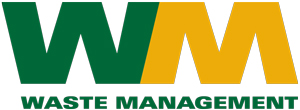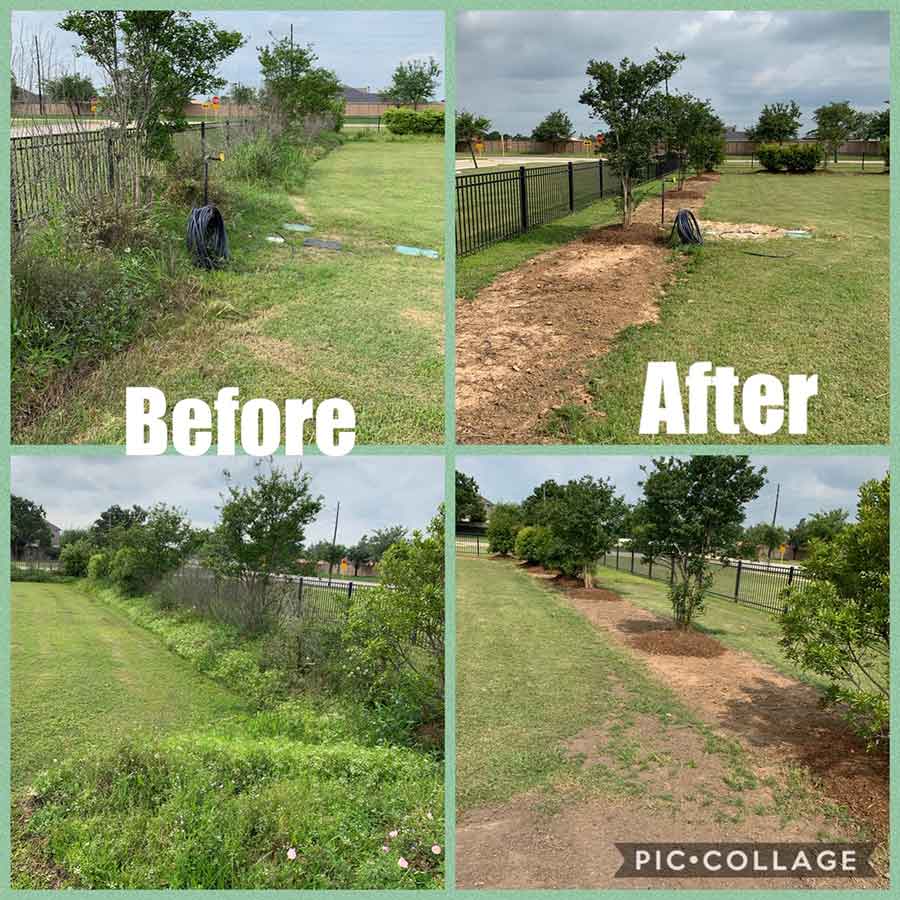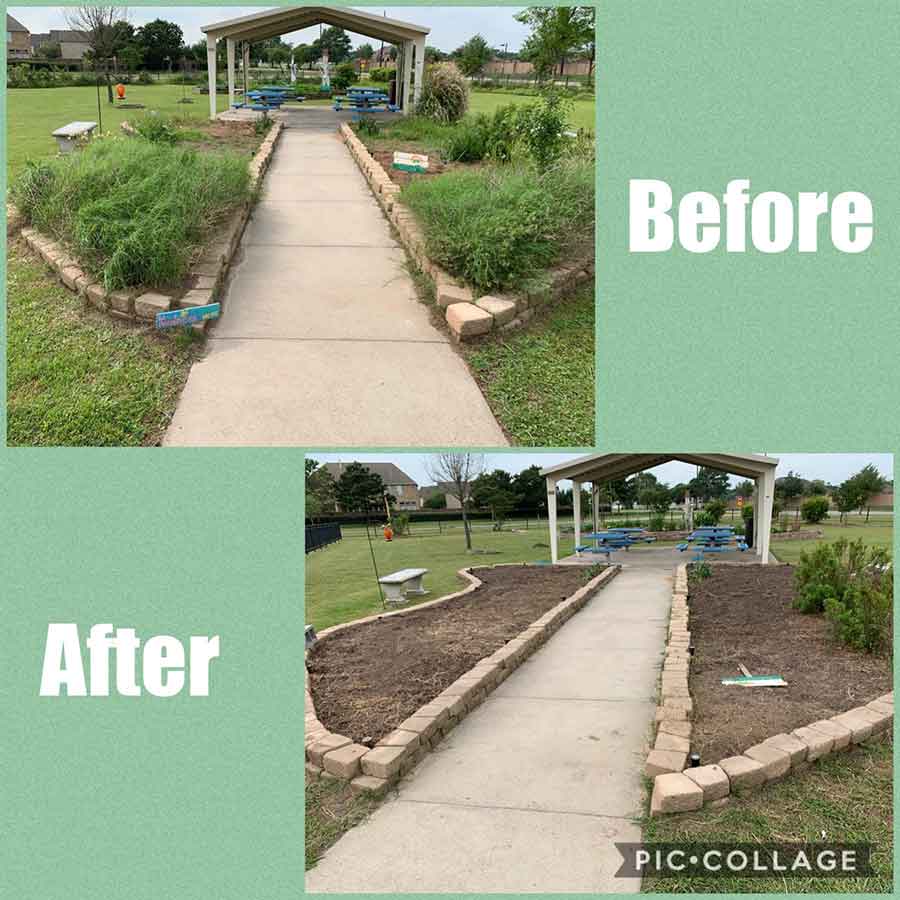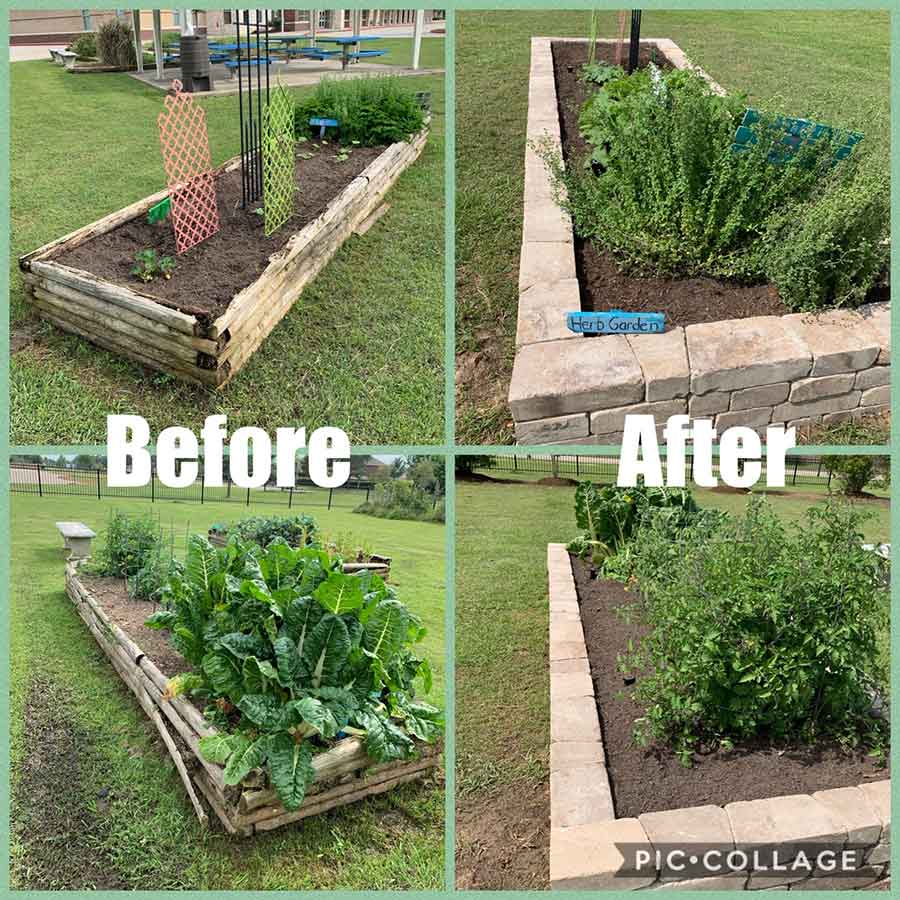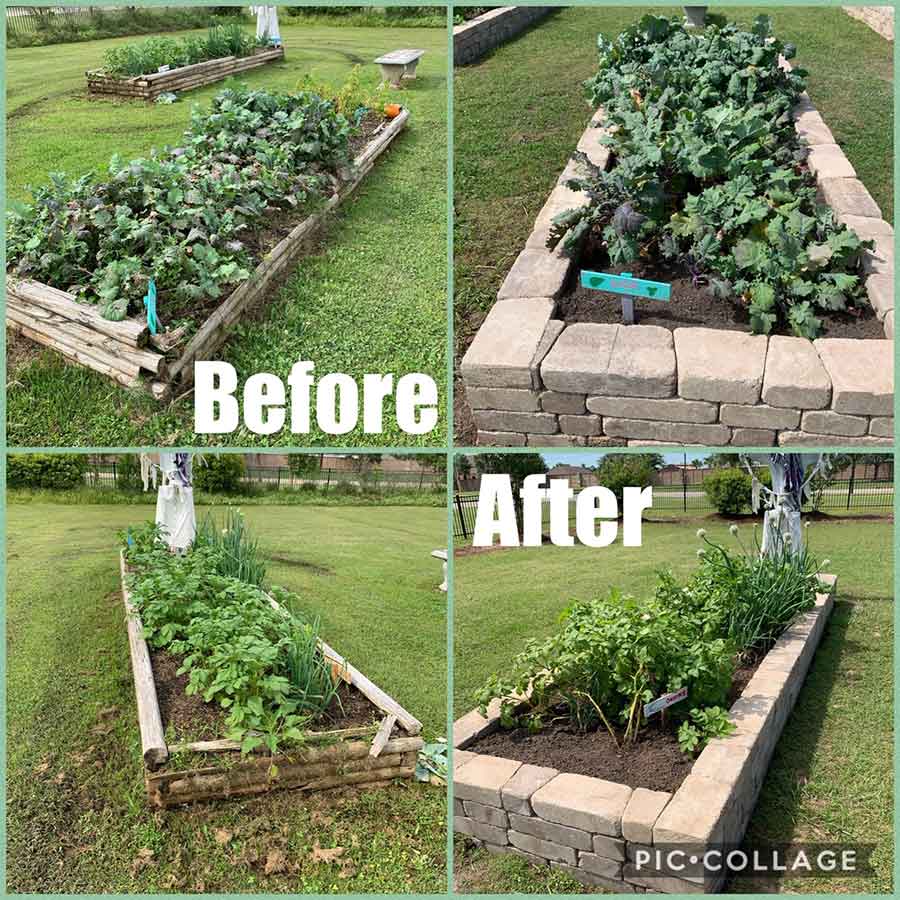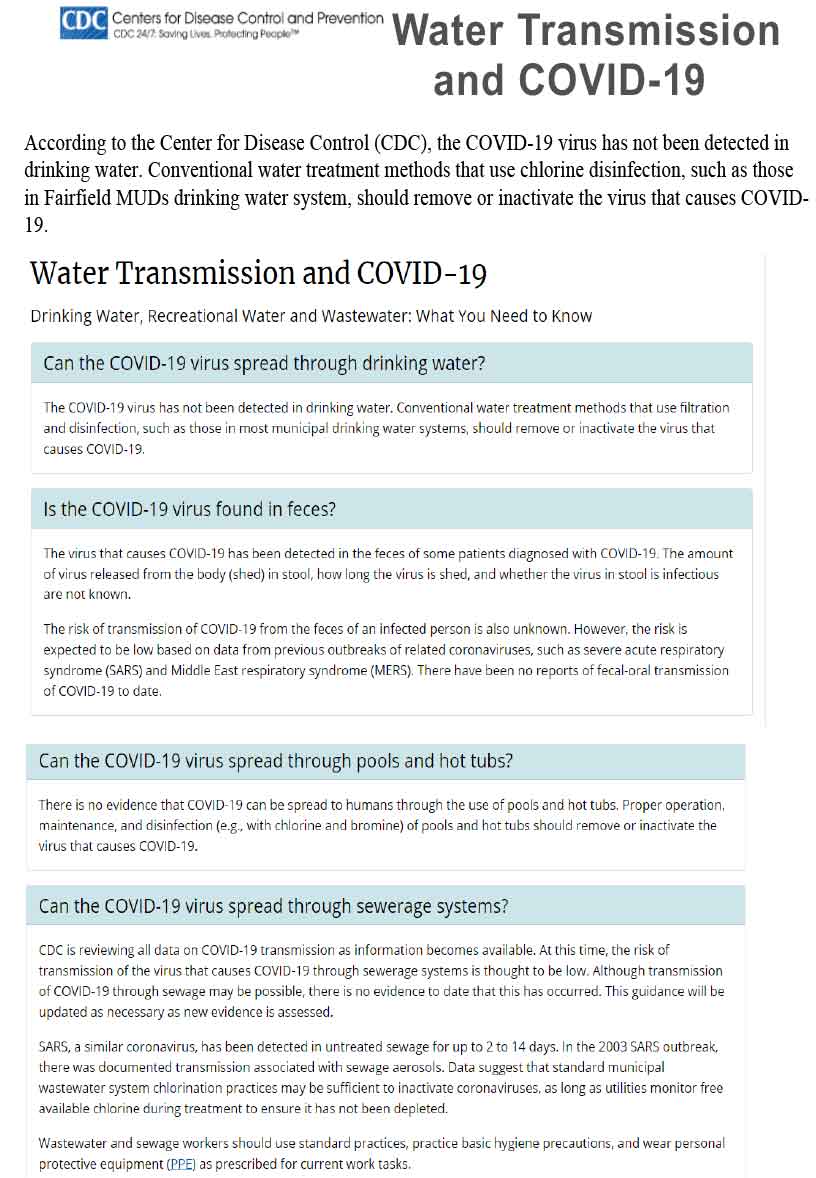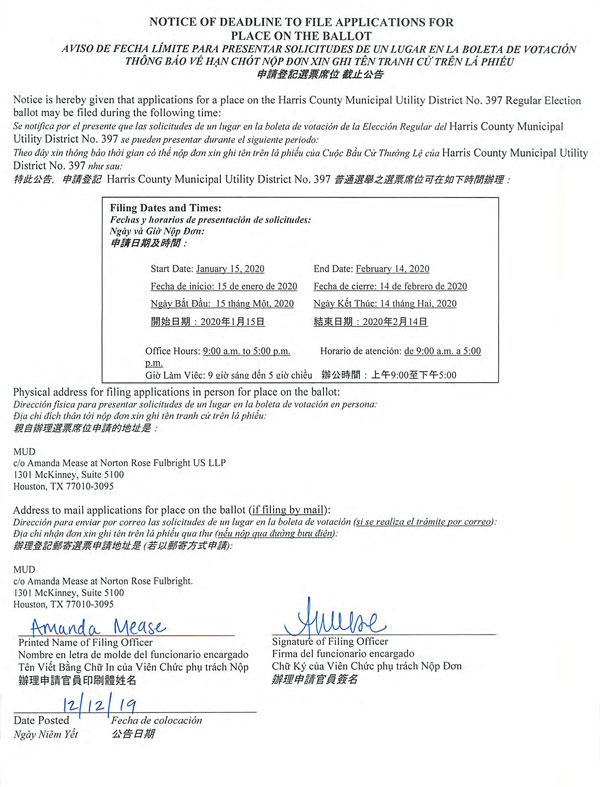Winterize Your Home
With freezing temperatures right around the corner, it’s a good time to refresh ourselves on precautionary measures for drops in temperature and cold weather.
The Four P’s to Prepare your Home this Winter:
- People
- Pets
- Pipes
- Plants
People
- Avoid going outside if it is not necessary. If you do, make sure you layer up from head to toe.
- To keep you and your family safe, it is imperative your home is warm.
- Make sure your heat is set to an appropriate temperature to make your entire home comfortable. Remember, heat rises so if you sleep upstairs, your room may be warmer than rooms downstairs.
- If you use a fireplace, make sure you have a screen to catch any embers that might escape or a rolling log.
- Never use your stove or oven to heat your home.
- If you smell smoke or see flames, call 9-1-1 immediately.
Pets
- While protecting your family, it is imperative to protect your pets as well.
- Pets, like humans, are vulnerable to cold temperatures. If not taken care of properly, they can succumb to frostbite and even hypothermia.
- If you have a dog that typically lives outdoors, consider letting them inside when temperatures drop to freezing. While their fur does help to keep them warm, it provides little help in freezing temperatures.
- If you absolutely cannot bring them inside, make sure they have a warm shelter, plenty of food and fresh water so it does not freeze.
- If your pet looks like it has any symptoms resembling frostbite or hypothermia, call your vet.
Pipes
- Turn off the sprinkler system shut-off valve. Most residential devices have two shut-off valves. These are typically covered in blue on the valve handles and located before and after the sprinkler system backflow device. A diagram is shown below.
- Release the water pressure from the bleeder valves. The bleeder valves are usually located under the top of the backflow device. If the water does not stop flowing you may have not shut the valves off completely.
- Leave the smaller bleeder valve open, this will let any remaining water in the line expand without breaking the device. Insulate your backflow device. Most hardware/home services stores carry backflow insulation supplies.
- Make sure to cover all your exposed pipes with a cover. You can also cover your pipes with towels, duct tape or another adhesive strip as long as they are wrapped tightly.
- You can also open up the cabinets to let warm air circulate throughout your home. Just make sure any harmful chemicals are out of reach for children and pets.
Plants
- When cold weather hits, it’s a good idea to bring in all of your outdoor plants.
- If you can’t bring in the plant, cover it with a blanket to make sure they do not die.
Other Tips
- Don’t forget to make sure your car is okay for the freezing temperatures. Check your anti-freeze and your batteries. Also make sure to check your tire pressure and the tread.
- Speaking of cars, make sure when you are on the road that you are mindful parts of the roads may be frozen, particularly bridges. Do not speed and never slam on the brakes.
- Make sure if you use a generator, it is outdoors. Do not use a generator inside, including in your garage.
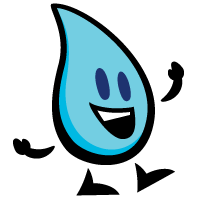 Drip, Drip, Drip…Let’s Talk Leaks!
Drip, Drip, Drip…Let’s Talk Leaks!